Researchers enhance the immune response against the receptor binding domain of SARS-CoV-2 by presenting it on liposomes, providing a promising strategy for vaccine development targeting this domain.
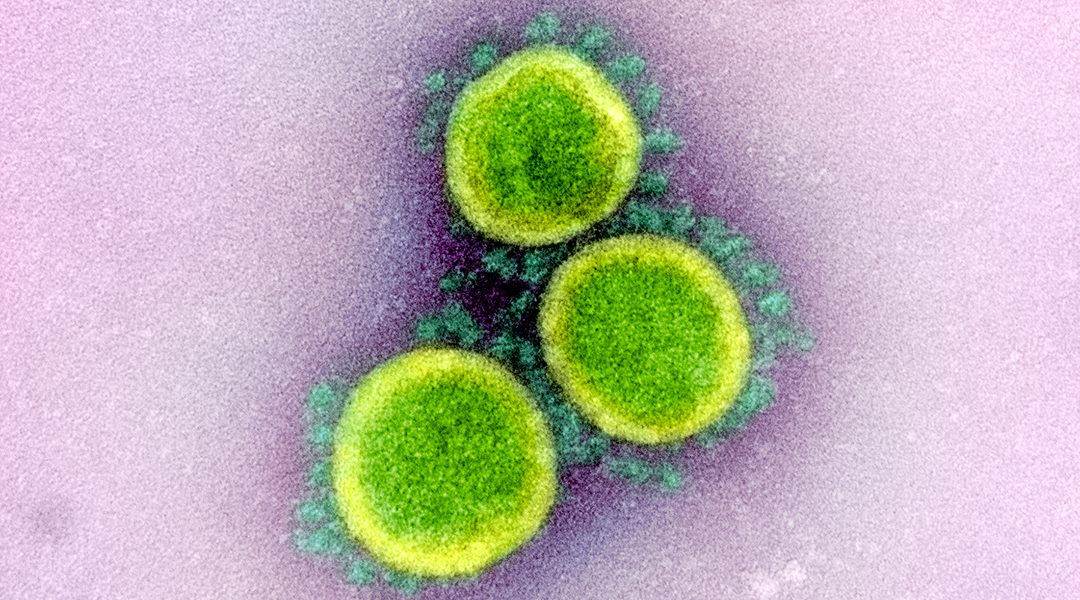

Researchers enhance the immune response against the receptor binding domain of SARS-CoV-2 by presenting it on liposomes, providing a promising strategy for vaccine development targeting this domain.
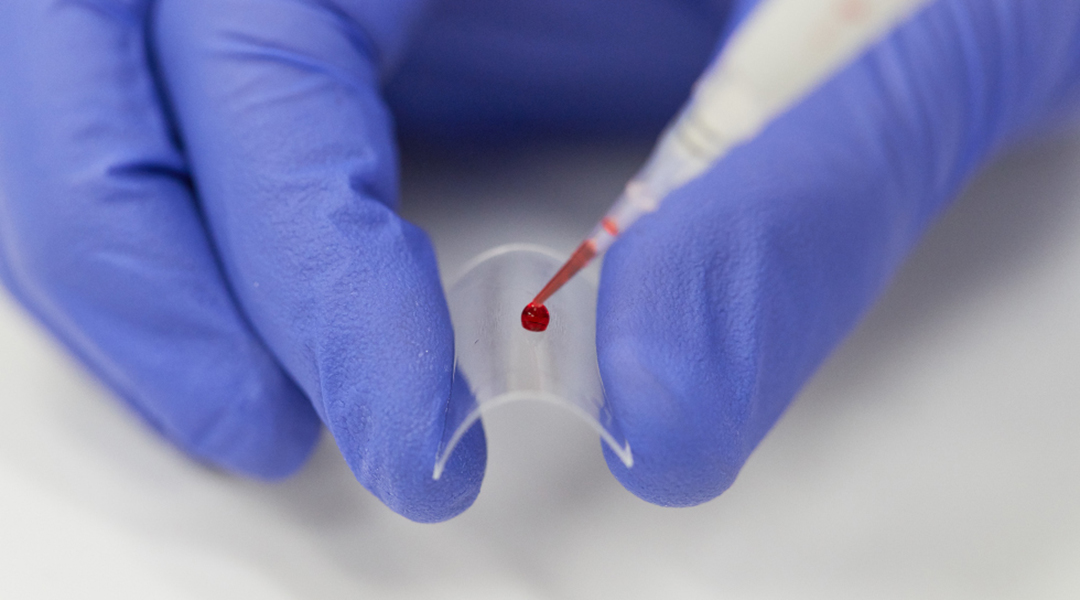
An inventive new approach lowers the limit of detection for a common assay, allowing researchers to identify elusive biomarkers in complex fluids, like the blood.
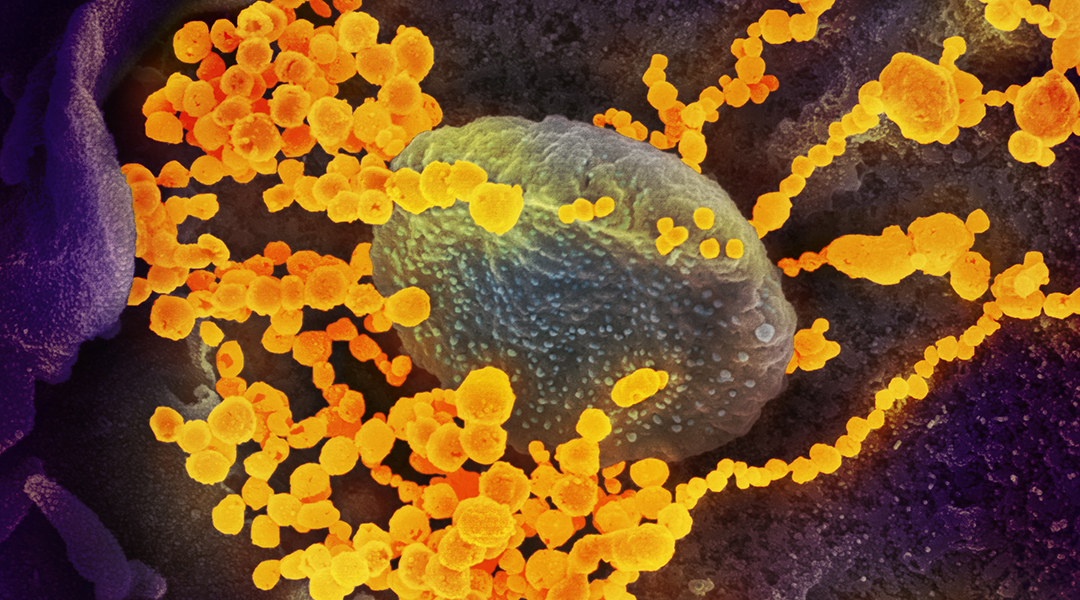
SARS-CoV-2 antibodies were found in patients’ blood up to 7 months after infection, and researchers are hopeful.

Animal testing remains a principle screening tool in the drug discovery pipeline, but are they reliable and could there be alternatives to replace them?
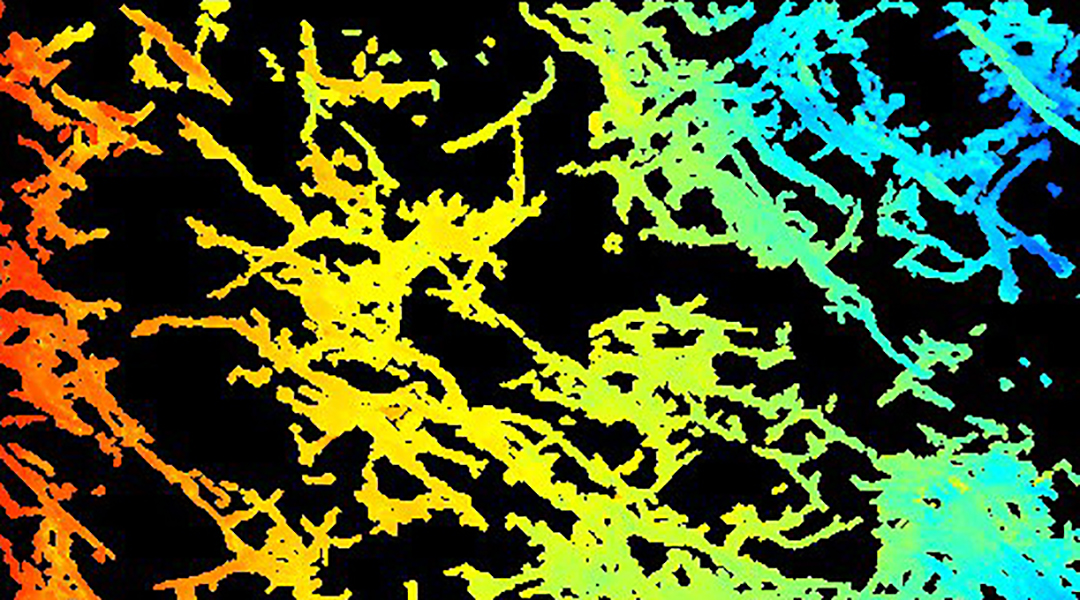
How can computational modeling help to better understand and predict when the power cells of our gut fail?

The Swansea-based materials physicist talks about the role of energy materials in mitigating climate change, his love of sports, and how his passion for science helps it to blend seamlessly into his life.
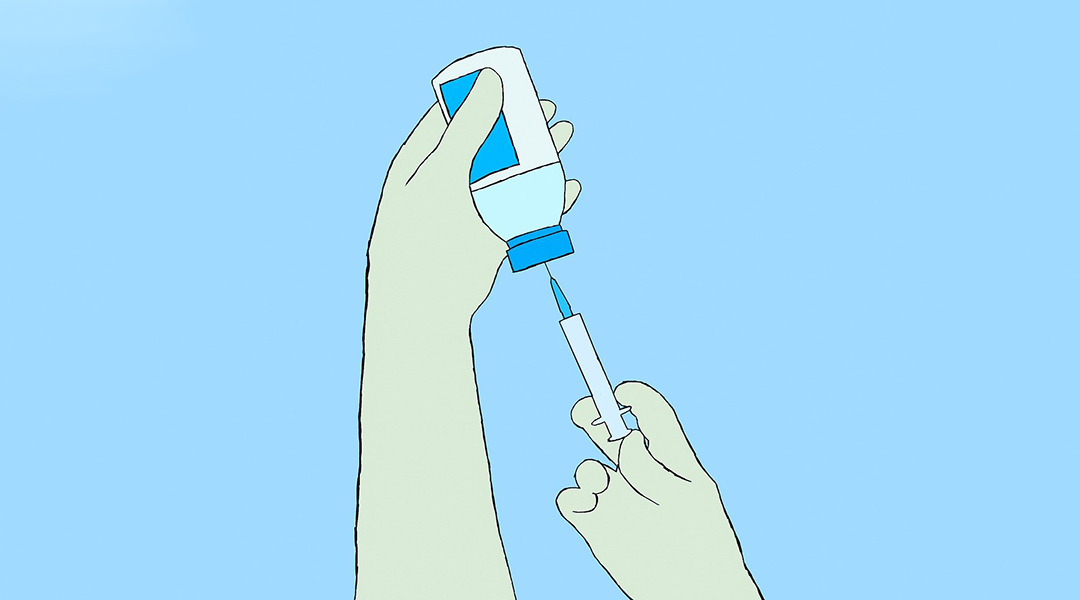
With computer models and lab experiments, researchers are working on a strategy for vaccines that could protect against any influenza virus.
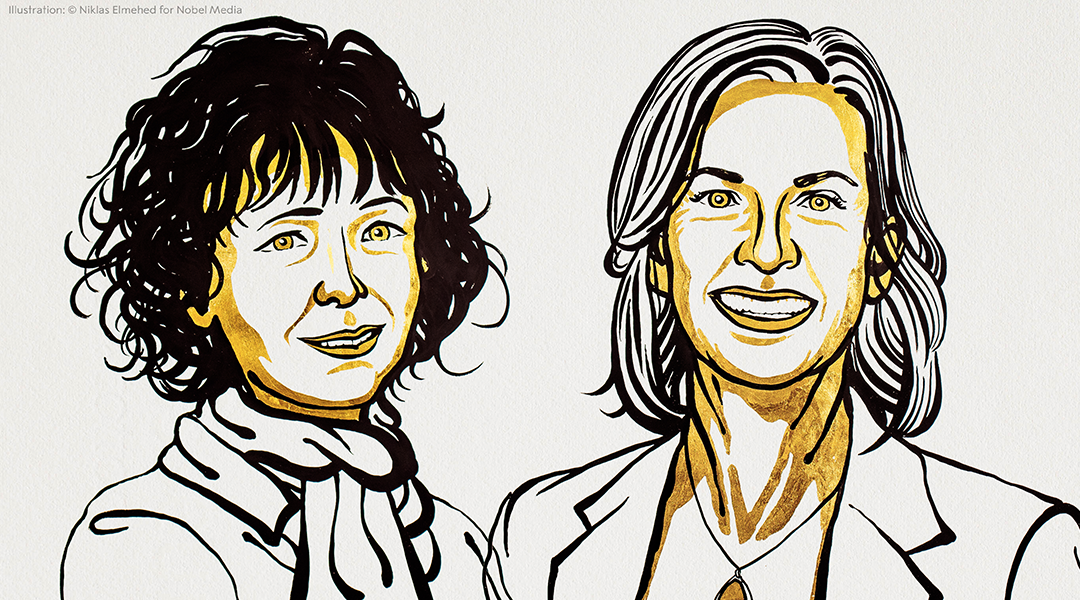
For the first time, two women share the Nobel prize for chemistry. Their work with CRISPR helped usher in a new generation of precision genome editing.
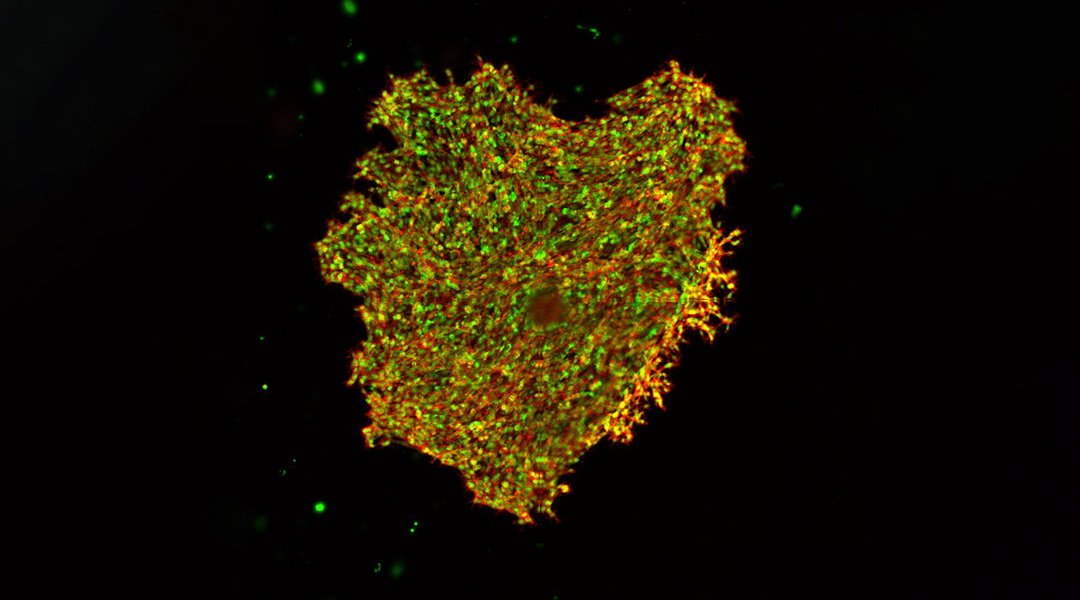
Researchers engineer a hydrogel that recapitulates biophysical changes in the tissues surrounding tumors to investigate how stiffness impacts the mobility of invasive and non-invasive cancer cells.
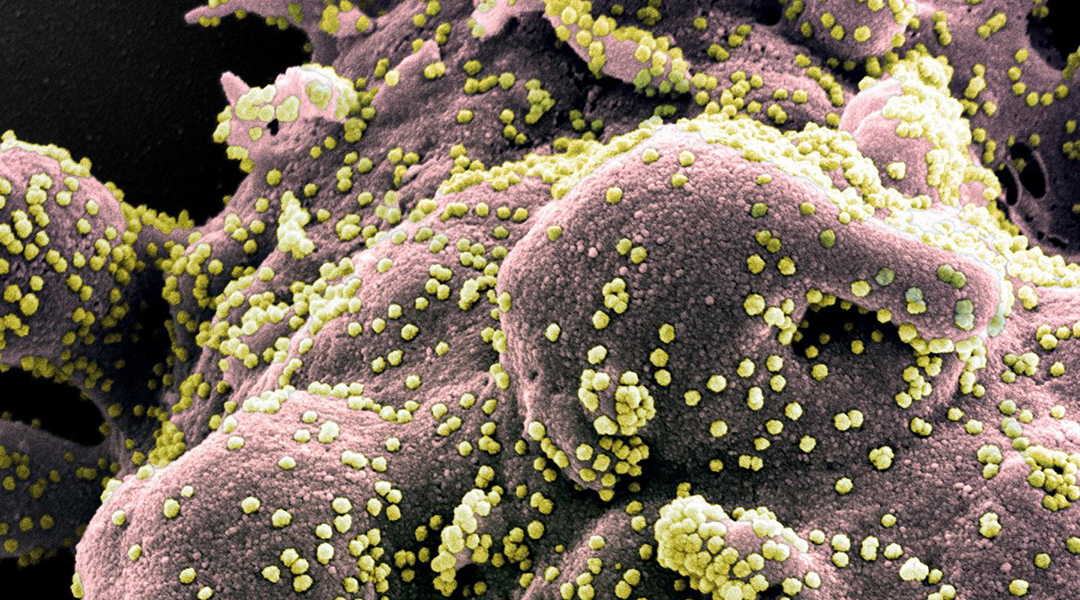
A small trial indicates that Moderna’s experimental SARS-CoV-2 vaccine is effective and safe in older adults, a population group most vulnerable to severe COVID-19.